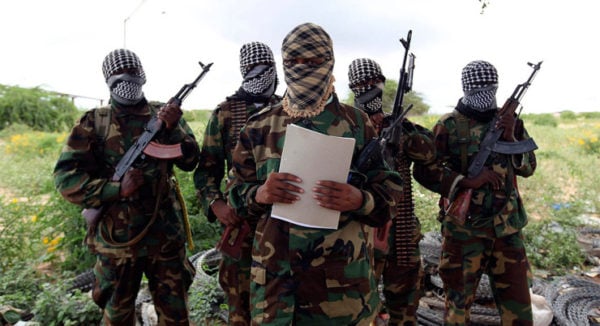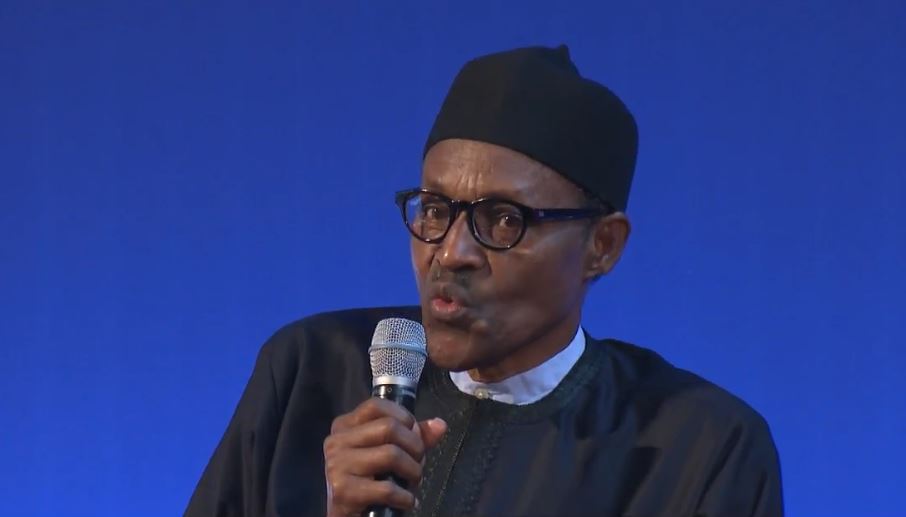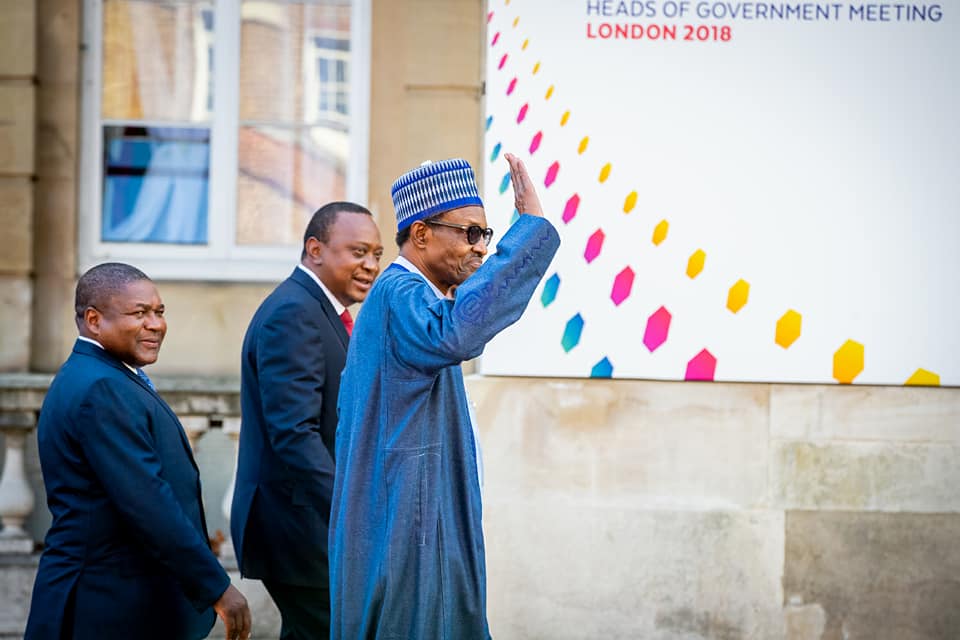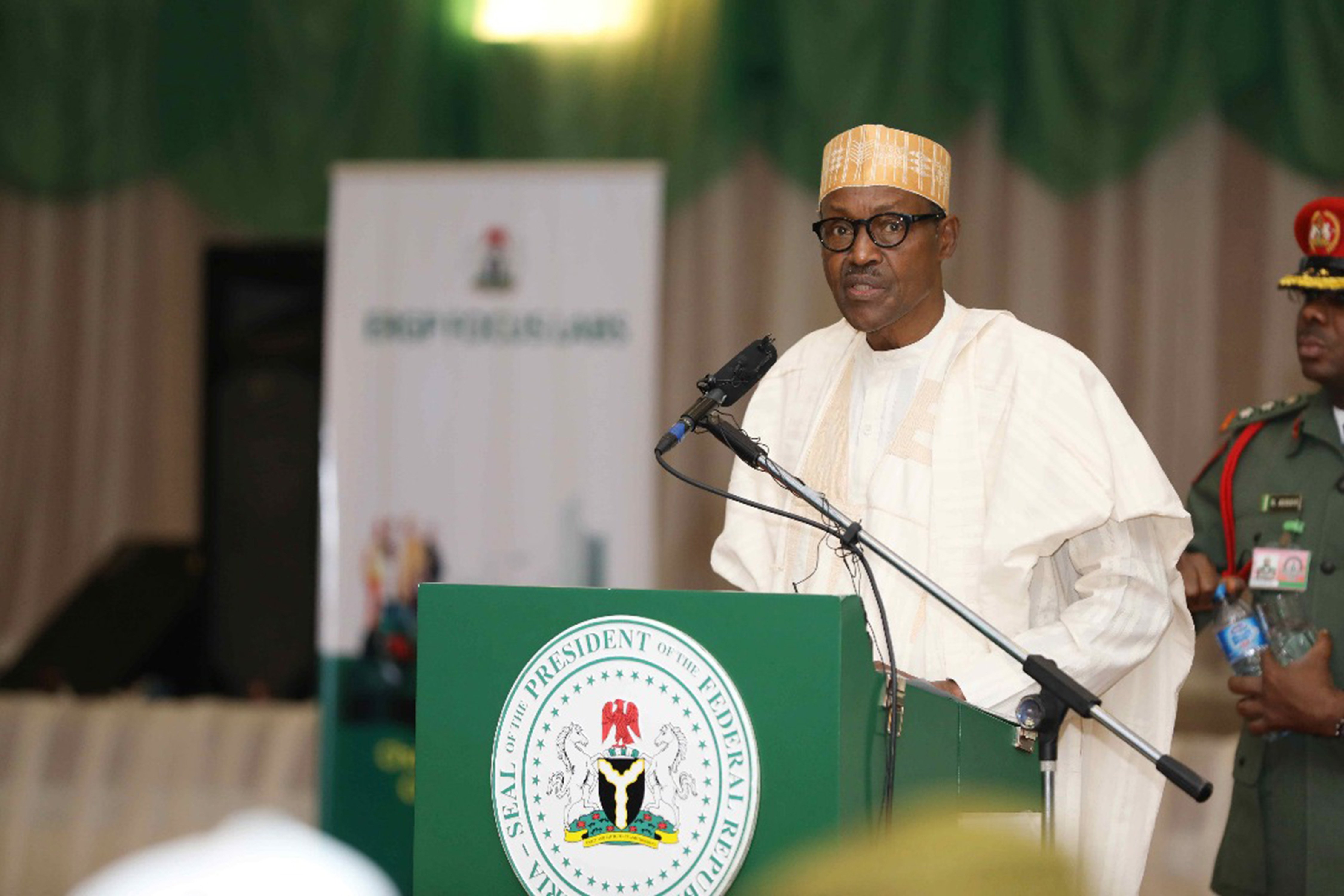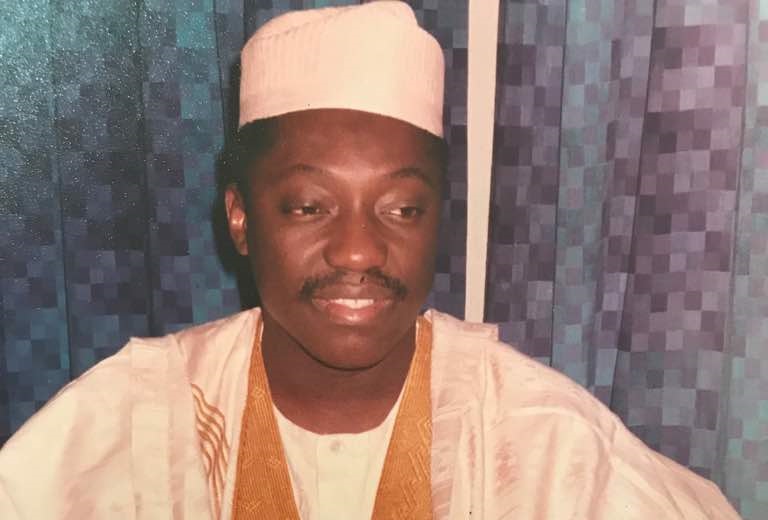BY USMAN ALABI
The Nigerian state is characterized by class inconsistencies and complexities as no class can effectively lay claim to it, it has a dysfunctional hegemonic class arrangement or order incapable of staring it out of crisis.
No one single class can lay claim to the Nigerian state, hence, there is no hegemonic hold or influence. It was created by the western colonizers but immediately after their departure, claim to the ownership and control of the state became a subject of tussle
The character of the post-colonial Nigerian state according to Osaghae is that of law and order and this has remained its abiding attribute as fledging welfarist and socialist schemes designed sometimes as legitimating stratagems have failed to endure. He continued that this orientation of law and order informs its reliance on instrument of coercion to sustain state power, and authoritarian tendencies on the part of rulers both of which are conducive to military governance. It was however not a state that tolerate dissension on what it feels it is right neither being one that thinks twice before resorting to the use of brutal force to quell opposition. This law and order character explains the way the state handles opposition especially in relation to our subject of study, Boko Haram at its inception before it became a hydra headed monster.
Hence the amoral nature of politics and the prevalence of two divisive publics in Nigeria are responsible for the contradictions that beset the Nigerian state. Insecurity is just one out of the numerous consequences of these contradictions.
Advertisement
our aim is to objectively and effectively interrogate the context of violence especially given the manifest function of the state to provide law and order and security of lives and properties. What kind of state is faced with the challenge of armed groups, in what kind of state would violence such as that of BH linger for long with many casualties and hundreds of thousands of internally displaced persons.
This work has emphasized the fragility of the Nigerian state as an evidence to explain and justify the reason why it seems helpless and incapable in the face of BH violence. It is also worthy to note that one of the peculiarities of this fragile context of violence is that a fragile state begets contradiction and opposition for itself and even if it succeeds in quelling one, it is faced with another, this is because of its structures and neo-patrimonial leadership who sees the state as a personal property to acquire private ends, therefore rendering a large portion of the population stateless.
I defined this context as that of violence because right from its inception, the state in Nigeria is always in one crisis or the other, facing one armed group or the other. This context of violence breeds and sustains armed groups and also this violence reinforces state fragility. Having set a contextual background for BH and other armed groups violence, the next step would be to interrogate the fragile context conceptually and examine the core characteristics of fragile states so as to establish the challenge posed by armed groups to such states.
Advertisement
Our connotation of fragility is in line with Brock et al (2012) which posits that “the terminology of failed, weak states or fragile states is not only descriptive, but also has a normative connotation: states are not functioning as they should”. Thus, fragile state is a state on the brink; it does not have what it takes to effectively perform the function of statehood. It is an ineffective state in a precarious condition, though not a failed state. Hence, fragile states are often characterized by ongoing violence and insecurity, a legacy of conflict, weak governance and inability to deliver public goods. (World Bank, 2007 as cited in Mcloughlin, 2012, p. 8).
It is this condition and context that necessitates the emergence of the radical Islamic group called Boko Haram and it would still be this condition that would give rise to a much more anti state armed group even if Boko Haram is defeated except if these conditions and context are collectively and immediately addressed.
The logical reason is that fragile states fight war on several fronts and because of the flexibility of their sociopolitical enclaves and the already heated polity and the fact that the state does not have effective control over its territory, the instruments of violence freely comes in and go out at will creating an incendiary for a cesspool of violence. Fragile states like Nigeria are always at war but in their own case, they are always at war with themselves.
Fragile states are held together by force of arm and usually have a very strong centre, the reason is that they cannot afford to have a weak centre or else, the already precarious mansion would fall like a pack of card. They are what Alavi called the law and order state or the overdeveloped state. Nigeria typifies this analysis.
Advertisement
In the case of the BH violence, the same fragile character that necessitated their emergence in the first place were the same factors they exploited and still exploiting to oppress Nigeria especially in the northeast. That also explains the systemic incapacity of the state through it security apparatus to foresee their emergence and after their emergence to effectively curb their activities before now.
Excerpt from masters dissertation written by Alabi
Email:[email protected]
Advertisement
Views expressed by contributors are strictly personal and not of TheCable.
